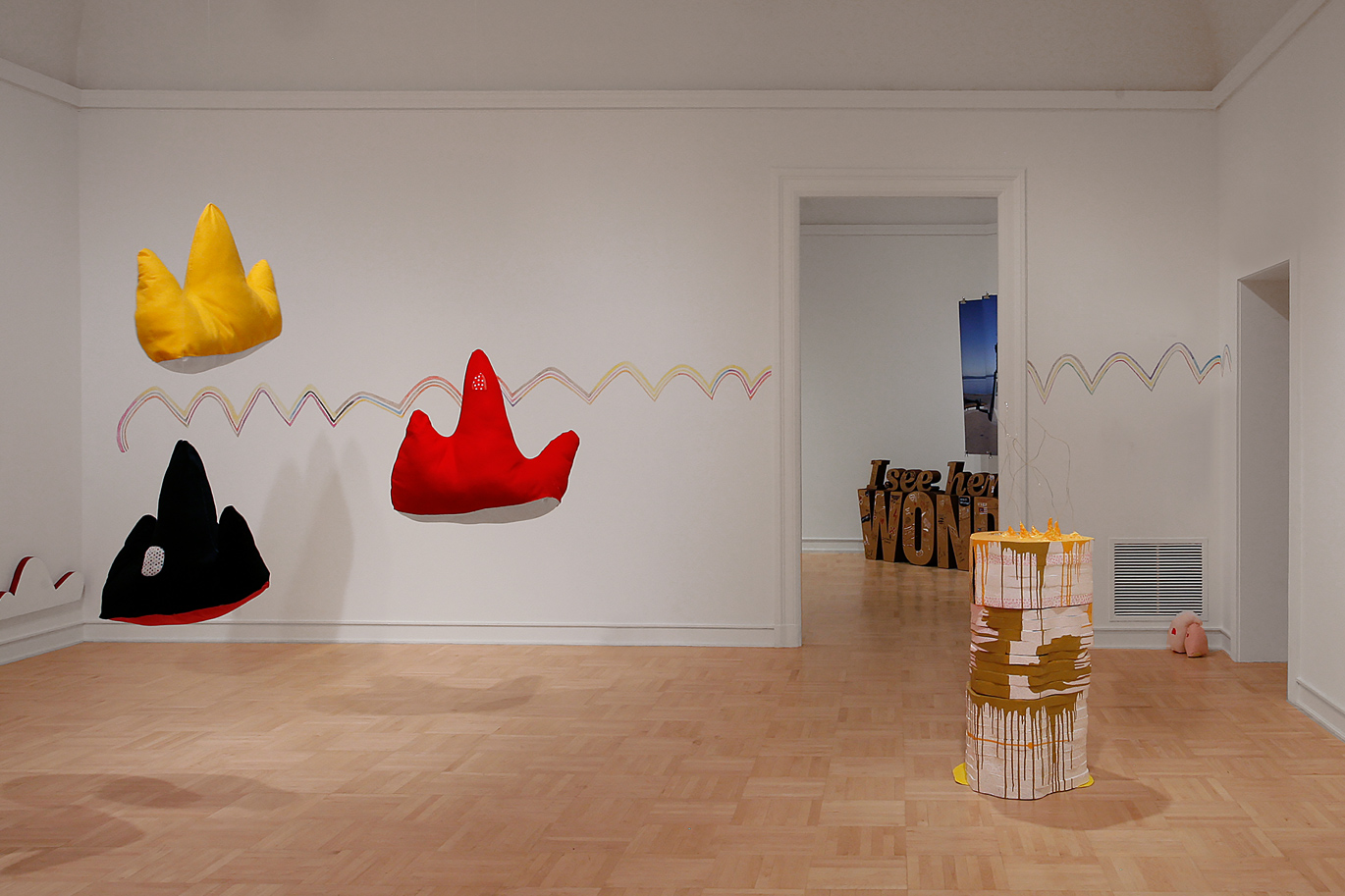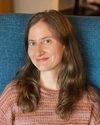- Autumn 2019
Syllabus Description:
Art H 381 – Art Since World War II
Professor Adair Rounthwaite
M/W/F 10:00-11:20 am, Art Building room 003, office hours M/W 2:30-3:30 or by appointment
vadair@uw.edu, office Art 367
Tetsumi Kudo, "Cohabitation Between Man and the Transistors," 1980-81
Course description
The period from 1945 to the present is among the most dynamic in the history of global art production. This class is a survey of the past 70 years that familiarizes students with the incredible changes art has undergone in this era. We focus on the innovations that occurred in a wide range of media, including painting, sculpture, photography, and performance, as well as on the relationships between these practices, and the ultimate break-down of the coherence of the medium as such. We also discuss critical theories for understanding art that have emerged during this period, with a particular focus on politicized frameworks of interpretation, such as feminism, queer theory, critical analyses of class and culture, and theories of racial identity and multiculturalism. Connecting our discussions will be a consideration of what types of viewership artists have sought to foster, and how those goals relate to the local and global contexts in which they produce their work.
Learning goals
In this class, students will:
- Become familiar with the major movements and tendencies in art from 1945 to the present.
- Articulate connections between individual artworks and the bigger movements of which they were a part.
- Gain a sophisticated visual vocabulary for analyzing artwork from this period, and for discussing its relationship to broad social and political transformation.
- Develop skills in the close visual analysis of artworks.
- Visit local art institutions and experience artworks in person.
Grade breakdown
25% - Midterm exam, in class on Friday, October 25. The exam will consist of short essay questions in which you use your knowledge of artworks and movements to respond to a series of prompts.
25% - Final exam, in class on Friday, December 6. The final has the same format as the midterm.
20% - Textbook entry on an artistic movement of your choice (1000-1200 words). This writing assignment asks you to write a text-book style entry on one of the artistic movements we’ve discussed so far. See Canvas for further details. Due Wednesday, October 16 at 11:59pm via Canvas.
30% - Artwork Analysis essay (1800-200 words). Students will write a short essay that performs an analysis of an artwork in the Seattle Art Museum’s permanent collection exhibition “Big Picture: Art After 1945.” You will submit an initial draft to Canvas on Monday, November 18th, and will perform peer reviews on Canvas of the papers of a small group of peers, which must be complete by the end of Friday that week. The final version is due Wednesday, November 27th. See Canvas for the assignment prompt and the peer evaluation criteria.
Students whose oral participation in class is excellent can earn up to a 1% bonus on their final grade at the discretion of the professor.
Readings
The required course readings are available as PDFs on Canvas. You will be required to answer short questions about these readings on the tests.
Those students who want a comprehensive textbook to provide additional context and narrative about art in this period are invited to buy Jonathan Fineberg, Art Since 1940: Strategies of Being, 3rd edition (Upper Saddle River: Pearson, 2011). The Finberg text is not required and not included on the tests, but I have provided page numbers for additional reading for many of the lectures listed.
Full syllabus: Rounthwaite 381 fall 2019 revised.docx



